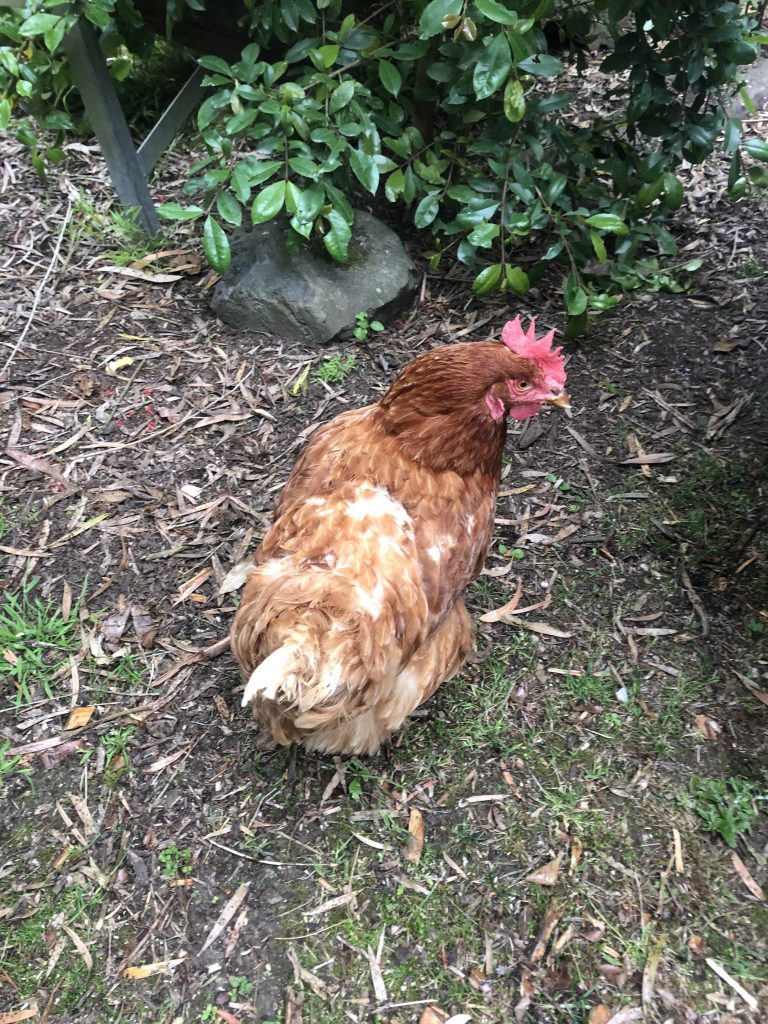‘The dying defy all clocks’. Niall Williams
When my family lived in Camberwell, their lives overshadowed by memories of the Second World War, like most houses in our street, our back yard contained its own incinerator. The aromatic stink of burning autumn leaves brings back the memory.
On weekends in my memory my mother filled the huge drum with rubbish. And tossed in a match. Smoked curled along the horizon from almost every house before they included burning-off curfews to ease the pollution and in time banned them altogether.
The story goes, one of my older brothers kept bantams. He bought his birds at the Camberwell pet market. They roosted among the cages and rabbit hutches, near puppies in kennels and rabbits in baskets in the days before anyone regulated the sale of almost anything.
Once home, my brother’s bantam pecked grain at the base of his makeshift cage while high on a perch he added butter yellow finches and sky-blue budgerigars. They streaked within the confines of their prison.
I can’t over work the sensation of watching my brother’s birds in their home each day. I did not love them as he did but I admired their gallantry, their feathered determination to feed and the success with which my brother multiplied their number almost monthly until we had three bantams pecking grain and five or six rainbow-coloured birds on high.

As with all stories this one has an ending.
I came home from Our Lady of good Counsel primary school, where the Virgin Mother rarely offered counsel, while my brother attended the Marist brothers for his instruction. He alone of all my older brothers traipsed off to the Redemptorist school along Canterbury Road while the other three joined the Jesuits at the more magisterial St Patrick’s College in the city where the academically gifted did their thing.
My brother of the birds was more artistic and less inclined with words and numbers. Though he knew his birds and was well able to find ways of working to find them.
This day a fire truck sat on the curb in front of our house. A black snake like hose weaved its way through the front gate round to the back yard where my mother’s incinerator sent sparks into the wooden planks of the bird cage and sent their residents onto bird heaven.
My brother never kept birds again, at least not in my memory. My memory can only entertain my imaginings of his face streaked with tears and the joy of the dog in our garden, a black mongrel with long hair and floppy ears, short legs and a loud bark who went by the name of Peta.
Peta fed on the bantam carcasses, or so I imagine, given the firemen put out the fire and left the clean-up to my mother.
Did my brother find a way to forgive her, assuming it was she who lit the incinerator that fateful day? He was unable to forgive her other misdemeanours, her marriage to my father for instance. This criticism of my mother for her choice of partner seems misguided. Without our father, my brother and I would never exist.
It’s a funny thing to realise that as much as we might be critical of our parents, we are made of them. They made us from their beings, their genetic make-up and whatever else a parent puts into a child over the course of their lives.
I wrote to a relative in the Netherlands, one I only know through Facebook and all because of her name, the same as my father’s name and therefore I assume a relative or married to one given the unusual nature of my father’s name. Its convoluted cadences, Schooneveldt.
When I was a child I wore my name with pride. It spoke to me of difference, unlike the Kellys, Murphys and O’Briens, the conventional names in my Catholic primary school.
Even as the other kids in my class struggled to pronounce it, without a hard ‘Sch’ as in school, which refused to soften these consonants as we prefer to do, I still loved my name.
My father’s name. My mother was a Hooij. Many of my relatives who carry this name have anglicised it for ease of pronunciation and spelling.
So much absorption of words. And I think of Ocean Vuong’s words: ‘To write is to fight against the erosion and transformation of meaning always for better and for worse.’
I fear this applies in my case when so many fail to understand the words we transfer from the thoughts that rumble through our minds onto the concreteness of paper or the screen.
But still we try.
